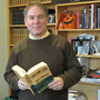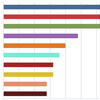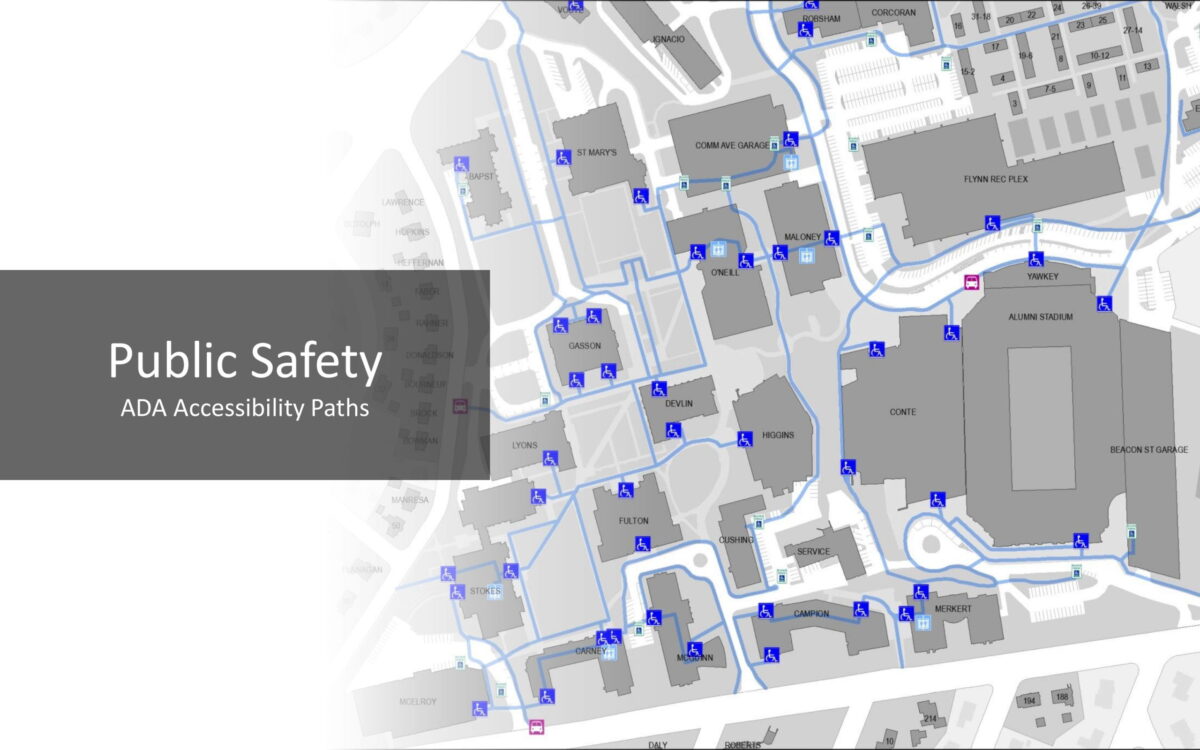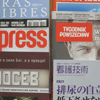In recent years, libraries have developed an increasingly integrated and flexible approach to working with faculty and students. Firmly based on building collections, providing research assistance, and offering classes in the use of library materials and databases, these still-relevant services have been augmented in areas that reflect the many new roles possible with technology and collaborative services. For example, here at Boston College Libraries we have opened up our special collections for teaching and learning, and transformed our library spaces to better accommodate the dynamic needs of the Boston College community. Moreover, we continue to develop a robust digital library that provides global access to our unique content and collections.
In a few weeks, all faculty will receive a brochure outlining in detail a suite of services – many familiar, but several new – aimed at supporting faculty needs. We view our services as increasingly integrated with digital content and web-based tools, and our expertise lies in facilitating the navigation of this complex world of content, helping faculty explore their creative and complex interests.
This newsletter features two of our latest collaborative digital scholarship projects that exemplify the services becoming a priority for the Libraries. Emerging from faculty and student research, these two compelling new digital projects – one that brings a 14th century music manuscript to life and the other Seamus Connolly’s prized collection of Irish traditional tunes – demonstrate creative uses of materials from our special collections as new, open access resources. They engage users digitally, widen access and understanding of materials, and provide new forms of scholarship and information presentation. The rare and unique materials of Burns Library have made it a treasure trove for digital scholarship and a teaching space that inspires new ideas and possibilities.
To further develop the digital scholarship program at Boston College, this fall the Libraries will play a central role in a selective pilot program with the Association of Research Libraries. The five selected institutions will delve into creative new ways of integrating digital tools into cutting edge scholarship. We are thrilled about our selection for inclusion in this three-day program and look forward to implementing the results to make an impact on our services and resources in this area for faculty.
To meet the demand for the latest equipment and software for digital creations, new attention has been given to the Digital Studio on Level Two in the O’Neill Library. While the space remains focused on development of vital technical skills, we encourage exploration of new modes of media-rich and data-driven digital scholarship. The Digital Studio includes technology and services for exploratory and early phase digital scholarship, including data analysis and visualization. Faculty can reserve a room outfitted with media viewing equipment and a Sound Room makes possible high-quality audio recording with microphone, keyboard, and audio composition and editing software. The Digital Studio will also be used for programming and instruction, including both technology office hours and workshops for faculty and students on the latest digital scholarship tools. The Studio is the result of a partnership between Boston College Libraries and Information Technology Services and is open to students, staff and faculty.
This is an exciting time for Boston College and the Libraries. We like to think of the possibilities and value proposition in terms of six C’s: Content, Collaboration, Creativity, Change, Character (formation), and Catholic (mission). These C’s are reflected in all the services and programs we provide, and the high-performing Library Staff are eager to explore, support and partner with faculty and students in all academic endeavors. Come join us!












 It is a defining mark of any major academic library to possess an extensive collection of materials in many languages which represent the distinct and special knowledge areas reflected through these languages and the global nature of scholarship. The Boston College Libraries provide a strong example of this and collect widely in French, German, Spanish, Italian, Russian, Latin, Greek and Irish. We also have holdings in a number of other languages including Arabic, Bulgarian, Chinese, Dutch, Hebrew, Japanese, Polish, among others. These holdings include books, journals, and newspapers both in print and electronic formats, as well as films and other media.
It is a defining mark of any major academic library to possess an extensive collection of materials in many languages which represent the distinct and special knowledge areas reflected through these languages and the global nature of scholarship. The Boston College Libraries provide a strong example of this and collect widely in French, German, Spanish, Italian, Russian, Latin, Greek and Irish. We also have holdings in a number of other languages including Arabic, Bulgarian, Chinese, Dutch, Hebrew, Japanese, Polish, among others. These holdings include books, journals, and newspapers both in print and electronic formats, as well as films and other media.